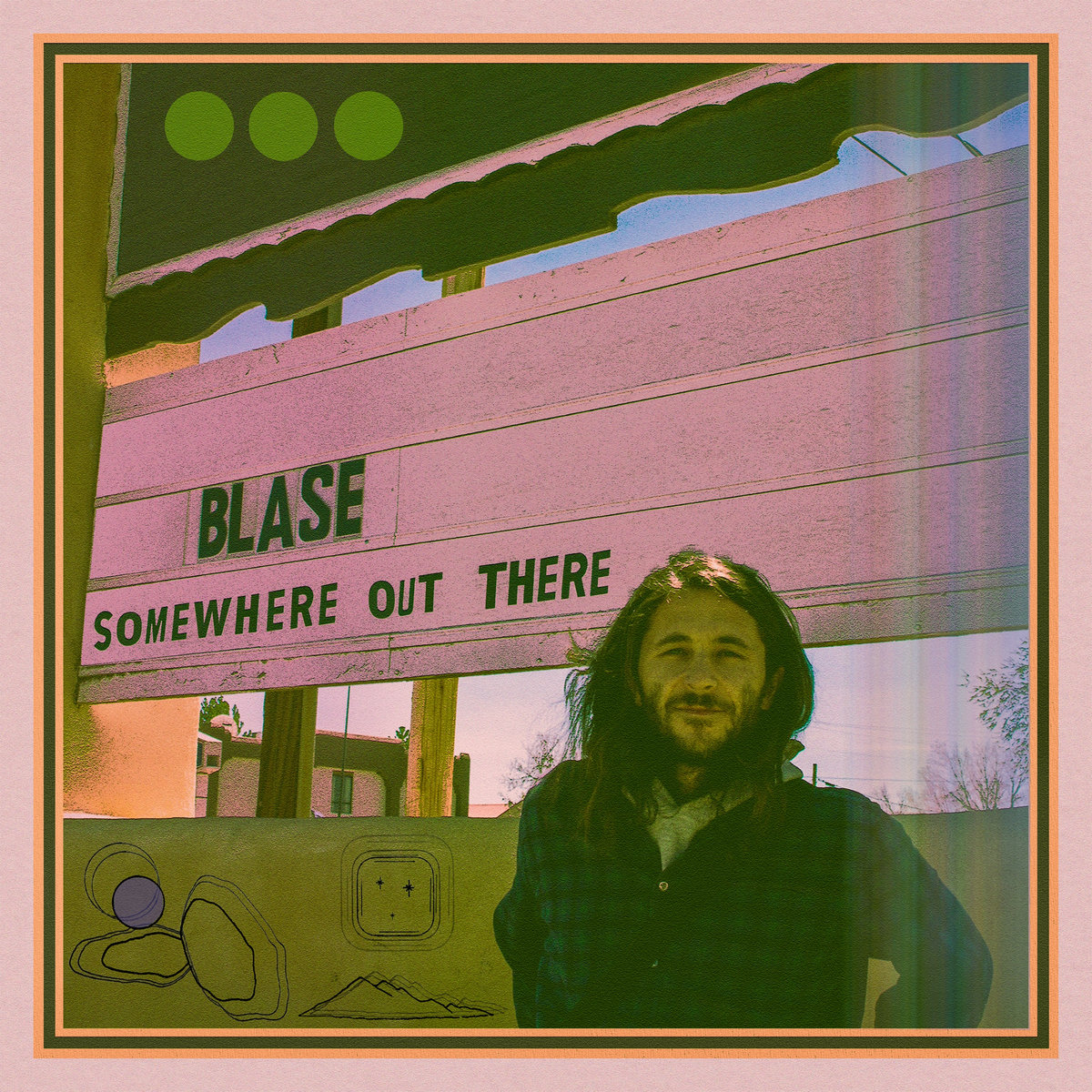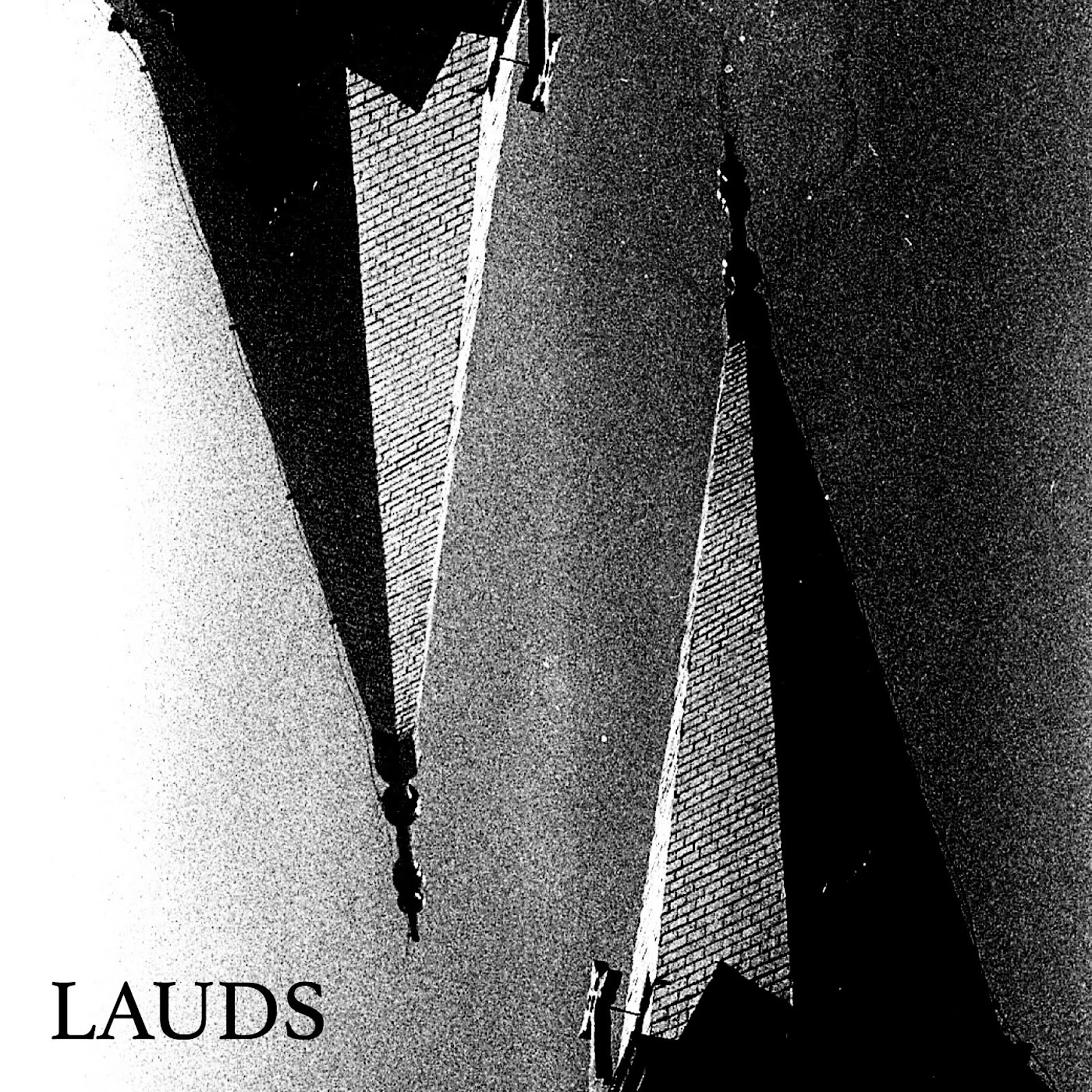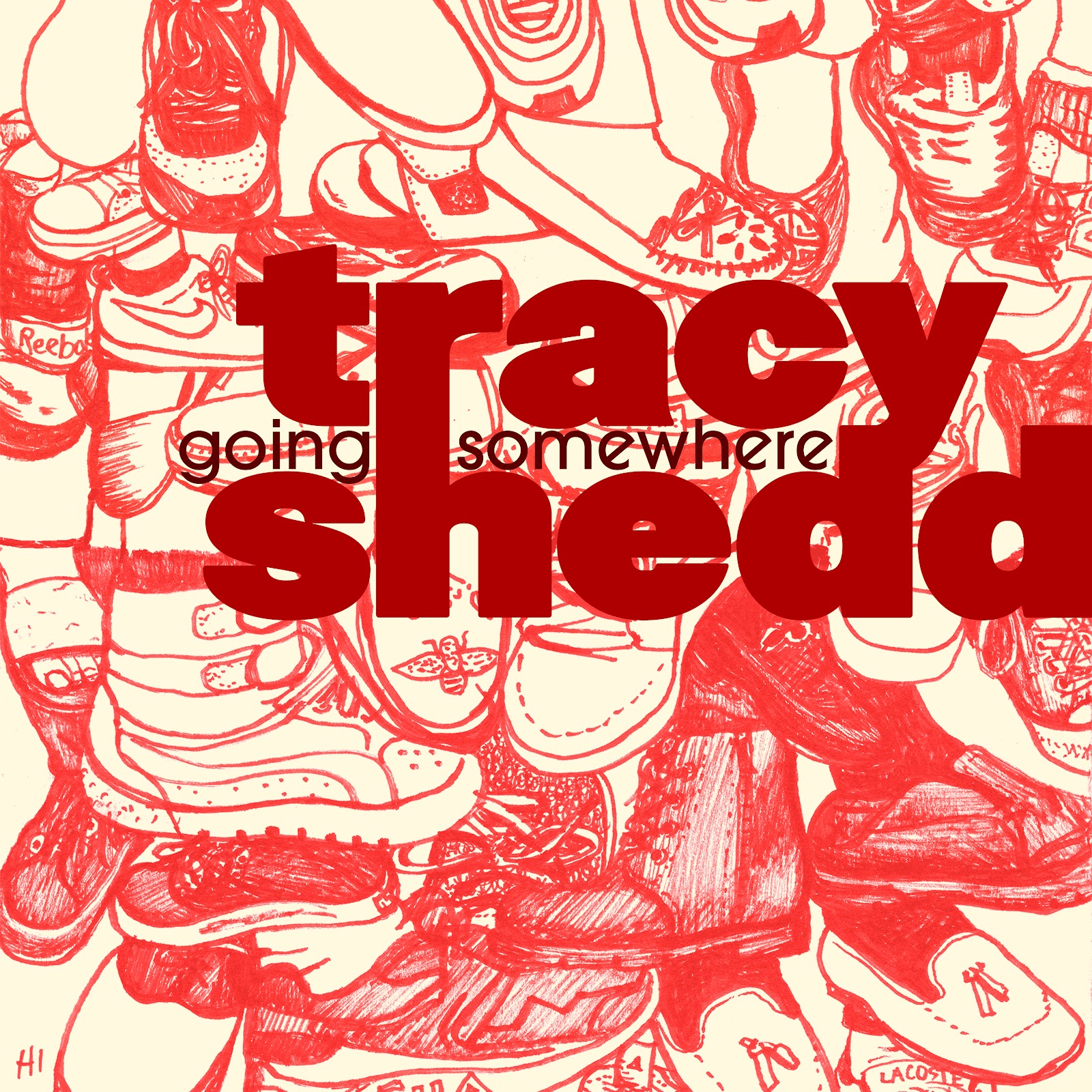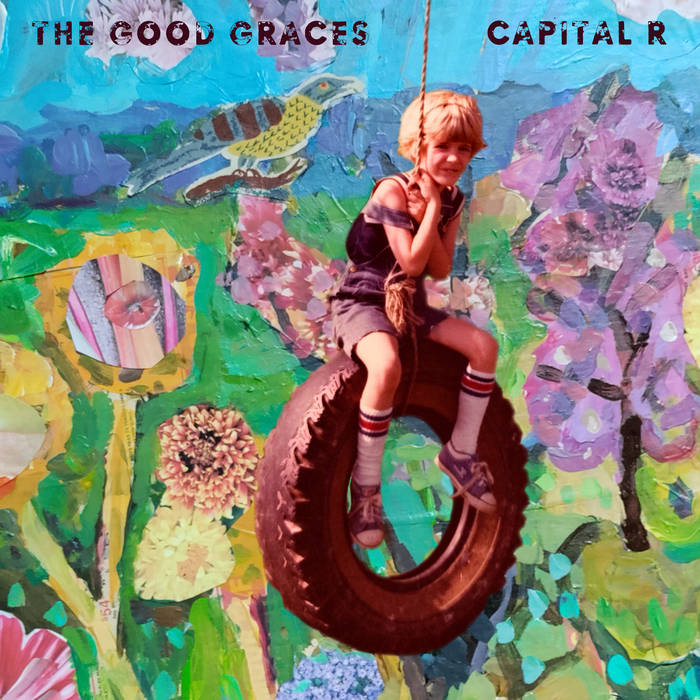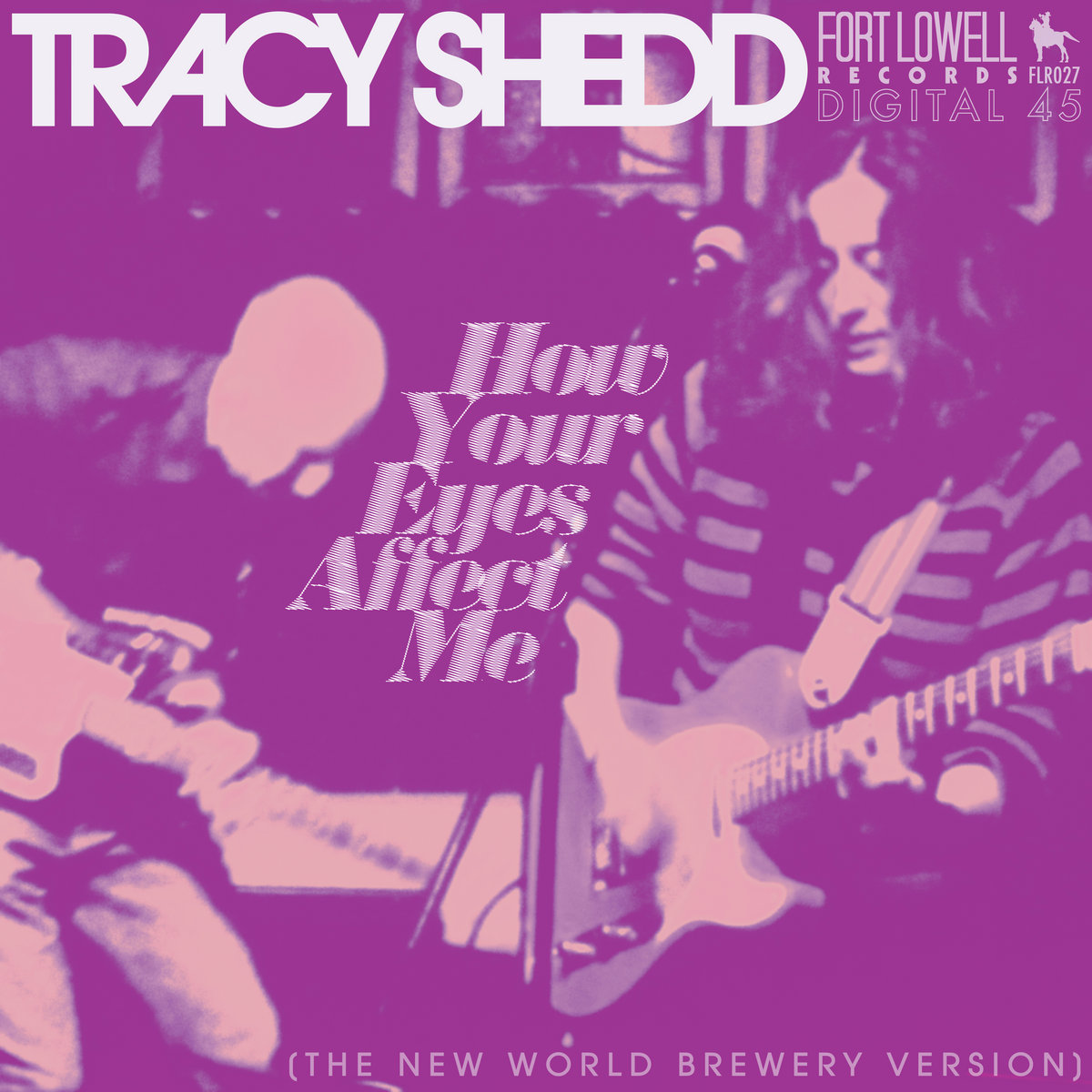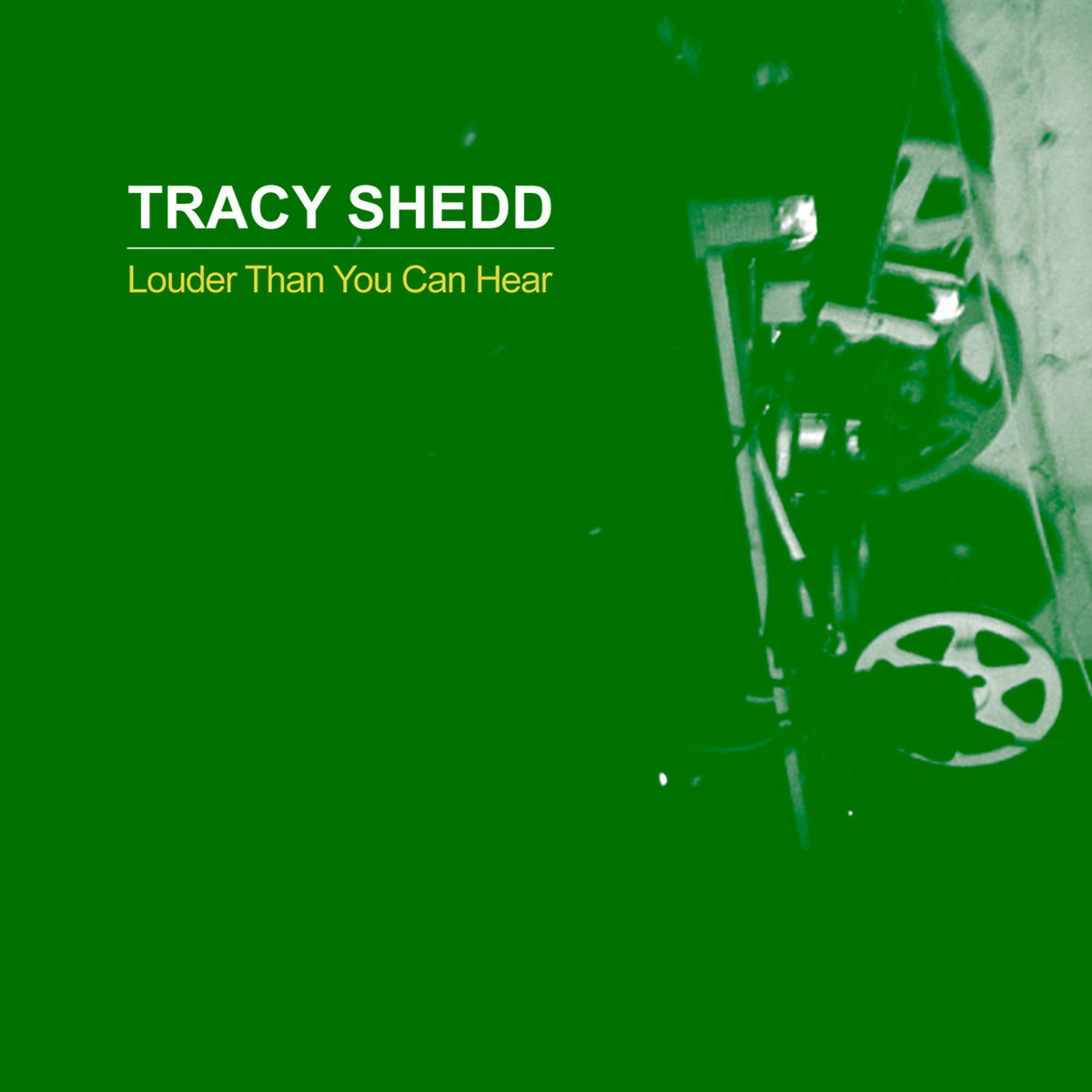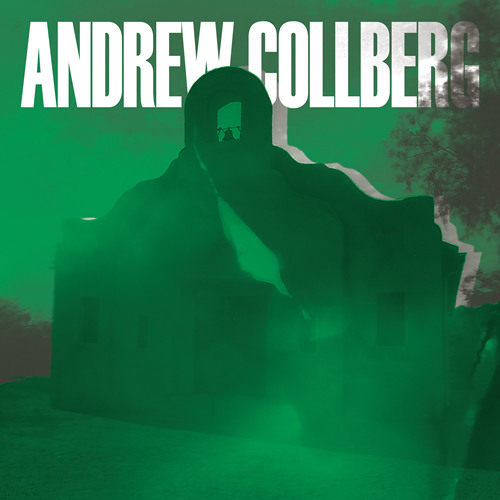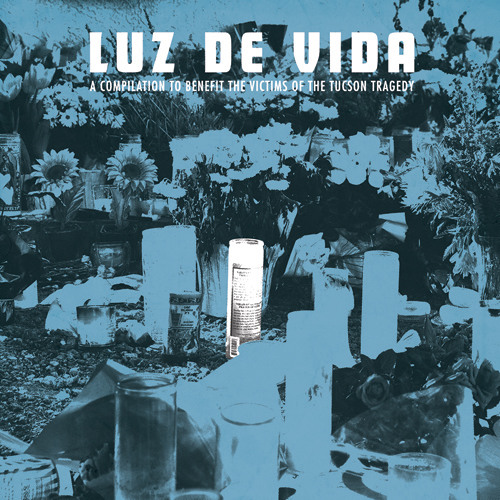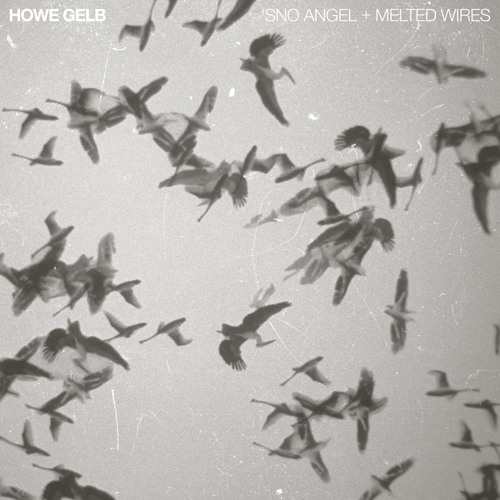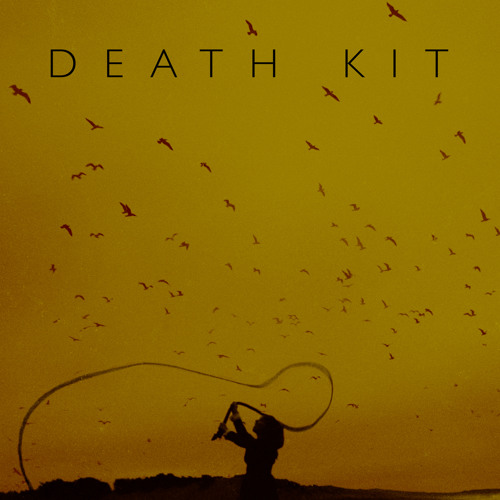[Repost from KJZZ 91.5FM Phoenix; by Lauren Gilger, August 14, 2024]
Who are your musical saints? Not just those artists you admire, but those you view in almost mystical terms.
For Jason P. Woodbury, it’s a long list. Woodbury is a local musician himself, as well as a music writer and podcaster for Aquarium Drunkard.
And, as many good (and bad) things begin, this conversation began on Twitter, or X, with a post from another musician about musical sainthood. It’s a concept that hits close to home for Woodbury — who told The Show he’s always viewed music through a spiritual lens.
He joined The Show to share some of his own musical saints and tell us what the idea means to him.
Full conversation
JASON P. WOODBURY: To start off, I will do the disclaimer, which is to say this in no way adheres to any single religion or dogma. I think canonization in the Catholic Church proper, let's say, you have to have a few requirements, right?
There's like overall virtue. There are, of course, martyrdom — should you die defending your belief or whatever — faith and charity, and then, of course, miracles. And so, to me, songs are miracles. So, all you have to do is have a good song to qualify as a musical saint in my personal canon.
But, at the same time, I think a lot about saints as somebody who has given something up or sacrificed something because they believe that their art has something important to say. So, I tend to think there's a slight trials and tribulations element to sainthood. So, so yeah.
LAUREN GILGER: Just like Joan of Arc, okay.
WOODBURY: Just like Joan of Arc and the Smiths
GILGER: Right, right, and you say music has always been kind of spiritual to you. You grew up in this way, right?
WOODBURY: Yeah. I grew up in a very, very small church in rural Arizona — in Coolidge, Arizona — and, even before I hit puberty, I was like leading the song service for the church. My dad had done it and uncles, and, to me, music and sacred experience always go — have always gone hand-in-hand.
And the most interesting thing is that even as my own faith and perception of the Divine has changed over the years and become far less tied to one specific religion, that element of music as a sacred space has never gone away.
GILGER: Yeah. Okay, so let's talk about and hear some of your musical saints. Who did you come up with? This can't be an easy list to make.
WOODBURY: No, I mean, because there's so many people that I wanted to talk about. So, I just kind of went with some of my gut responses. And the first one is the late Sinéad O'Connor, who I think of as — she's, you know, I'm sure that somebody listening right now goes, yeah, not my saint, you know, because she's known, of course, for a very controversial moment in which she ripped up a picture of the pope on SNL.
But when you look at Sinéad's life, I think that she is, in so many ways, the prototypical seeker. She grew up in the Catholic Church, had a very violent and strong reaction against it related to abuse that she suffered at her mother's hand.
But Rastafarianism spoke to her. So she's dabbling in these, like reggae religions. And then, of course, I think she joined a break off sect of the Catholic Church, and when she passed away, she had converted a few years earlier to Islam.
So, I mean, so Sinéad sort of had like a journey, but when I look at her music — and I could pick dozens and dozens of songs from the catalog — I just think of someone who, in that Irish poet sense, just had to sing about the most enormous topics she could, the biggest mysteries.
The song I selected is called, "I Do Not Want What I Haven't Got," which is the ultimate aim sometimes. This idea of being content. It's a real haunting vocal too.
GILGER: Yeah, let's listen.
[“I Do Not Want What I Haven’t Got” by Sinéad O'Connor]
GILGER: All right, so who's next on the list?
WOODBURY: All right, so next on the list, I think we're gonna go with the great Sun Ra. Sun Ra is one of the most fascinating characters in the history of music, hands down.
He claimed that he was not from the planet Earth. He was from Saturn, and he was in touch with galactic super beings, more or less, that imparted to him a message that he needed to share with humanity. And so, when the Sun Ra Orchestra — which is the name his group most often used — performed, they'd wear these huge robes, very ceremonial, right?
But, Sun Ra himself was sort of this figure who — really pivotal in the Afrofuturism movement. And he often sang of angels and demons. So there's that, in terms of the religious thing, and he just tended to speak in this sort of nomic riddling kind of fashion. And I think it speaks to a sort of a saint — or maybe we're moving more into the prophet realm here.
But it's like, these people, they don't always make sense in their time, but then many, many years later, you realize just how incredible what they were doing was. And so, I selected one of the more serene Sun Ra songs, and it's called "The All of Everything."
["The All of Everything” by Sun Ra]
GILGER: All right. Next, you have on the list Judee Sill, right?
WOODBURY: Yeah. Judee was this sort of Christian mystic songwriter. She put out two records in the 70s, and this song, "Lopin' Along Thru the Cosmos," is from her self-titled 1971 debut.
["Lopin' Along Thru the Cosmos” by Judee Sill]
And Judee grew up singing Baptist hymns, so she had this like sacred quality. But, by the time she gets to making her own music, she had lived years — sometimes in really, really dire circumstances. Drugs, sex work.
She's a perfect example of a saint who is far from saintly on paper, but when you listen to her songs, I think she just understood some sort of William Blake-style marriage of heaven and hell. Like pain and pleasure, high and low, transcendence and damnation. For her, they're all in the mix, and they're always happening.
There's just a lyric in this that, were I to come up with my own religion, I would keep this as like one of the main commandments. The lyric is, "so keep on moving / or stay by my side, either way / I'll tell you a secret / I've never revealed / however we are is okay."
["Lopin' Along Thru the Cosmos” by Judee Sill continues]
GILGER: All right. Next up, we have — at least one name I had heard of — John Coltrane, but you've got John and Alice Coltrane here.
WOODBURY: Yeah, that's right. And, in fact, the song I selected is just Alice. But, John Coltrane, of course, a jazz legend. Absolute innovator of the form, and one of the all-time greats. John and his wife, Alice Coltrane, made a lot of great music together.
After he passed away, she continued making great records, and her music became even more overtly focused on sort of spiritual forms. This was the 1960s as all sorts of Eastern esotericism was starting to kind of make its way into the US counterculture.
This song, "Journey in Satchidananda" is a song that she wrote about her guru. She's playing harp, and there's tambura, and it's this like just really evocative soundscape that I think it's kind of impossible to listen to it and not fall into some sort of a trance.
["Journey in Satchidananda" by Alice Coltrane]
GILGER: So, let's talk, lastly, about about a song I think everybody knows — and an artist we definitely all know. Madonna's last on your list.
WOODBURY: Yeah. Yeah, "Ray of Light" from 1998. This is a song that I remember being pretty young when it came out — you know, junior high or whatever. But I remember hearing it, absolutely loving it, and being just so taken by it, but also being really nervous to tell all my friends that I like the Madonna song
GILGER: I have the CD. I listen to this every day. Yeah.
WOODBURY: Oh my gosh, I mean, I think this is her best work, to be honest.
["Ray of Light" by Madonna]
WOODBURY: And this is an interesting song, because it's from an era where she was dabbling extensively in like Jewish mysticism, the Kabbalah. And I think when I listen to — particularly the song "Ray of Light" — it just actually sounds like a ray of light. It sounds like a transmission of divine solar energy or something. It is so repulsive and so — it's so immense.
["Ray of Light" by Madonna continues]
I mean, the lyric, "she's got herself a universe completely." It's like, it's kind of a reminder that we tend to think of the cosmos purely from an out — you know, the cosmos are out there. But, I think when I listen to a song like this, it reminds me that the cosmos are kind of in here as well, and I think that that's really what the song speaks to. And of course, the beat is pretty undeniable.
GILGER: Yeah, it's pretty good. All right, we'll end it on that one. Jason P. Woodbury, musician and music writer, host of the Aquarium Drunkard Transmissions podcast and creative director of the Wastoids Podcast Network, joining us to talk more about his musical saints. Jason, thank you so much as always for coming on. I really appreciate it.
WOODBURY: Oh, it's always a blast. Lauren, thank you so much for having me. And I look forward to hearing what musical saints this conversation inspires people to bring up. Thanks so much.










